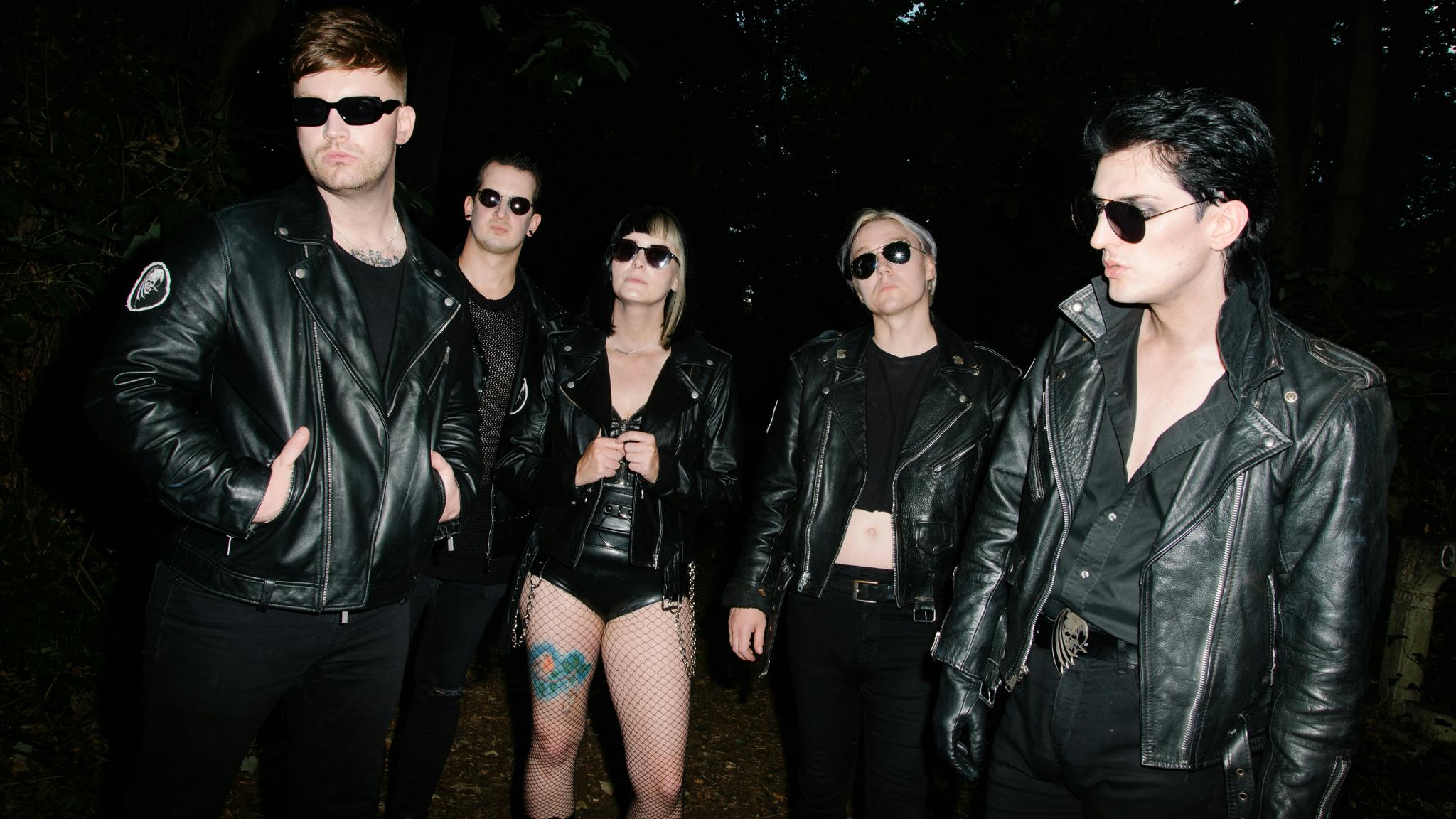The pandemic was a time of reflection for all of us. For Will, who, like many people in bands, believed for a time that his livelihood might be over, things started poorly. “Charlotte says I’m the worst version of me when I’m stuck inside all day. When she senses me getting grumpy, she’ll suggest I go out for a walk.”
The pandemic was a time of reflection for all of us. For Will, who, like many people in bands, believed for a time that his livelihood might be over, things started poorly. “Charlotte says I’m the worst version of me when I’m stuck inside all day. When she senses me getting grumpy, she’ll suggest I go out for a walk.”
Gradually, as the realisation that everything was fucked and therefore entirely out of his control set in, Will began to surrender to the banality of it all, appreciating the opportunity to drink whisky and listen to records. Soon he and bandmates Ian, Hannah, bassist Sean Scott and drummer Jake Fogerty began bettering themselves as musicians from the comfort of their own homes, ready for when life resumed.
“I taught myself to record my voice for the first time, because I’m a baby and couldn’t do it myself,” laughs Will. “That way, Ian and I could send things between us, so we realised, like so many people during that time, that we could work remotely. We had the resilience to build entire worlds from within the same four walls that you eat and sleep in. It gave us more faith in ourselves.”
What the period didn’t give Creeper was cause to dwell upon where they’ve been and where they’re at. Even with the band’s self-titled debut EP turning 10 next year, reflection was in short supply. (Will didn’t even know about that landmark until people started asking about it in interviews.)
“I find nostalgia quite problematic sometimes,” he begins, before correcting himself. “Personal nostalgia, at least. I love nostalgia when it comes to pop culture, but personal nostalgia is cancerous to productivity. It eats away at you. I’m friends with lots of people who play, or have played, in bands, and I always find it so depressing when they post flashbacks to a time they were doing something that they liked doing. I understand that it’s not my place to judge, but I can’t understand not living in the moment now and you’re harking back to another time, unless you really have to. There’s a real urge in me to move on and to make the next thing the best thing we’ve ever done. I don’t want to obsess over things I’ve already done.”
